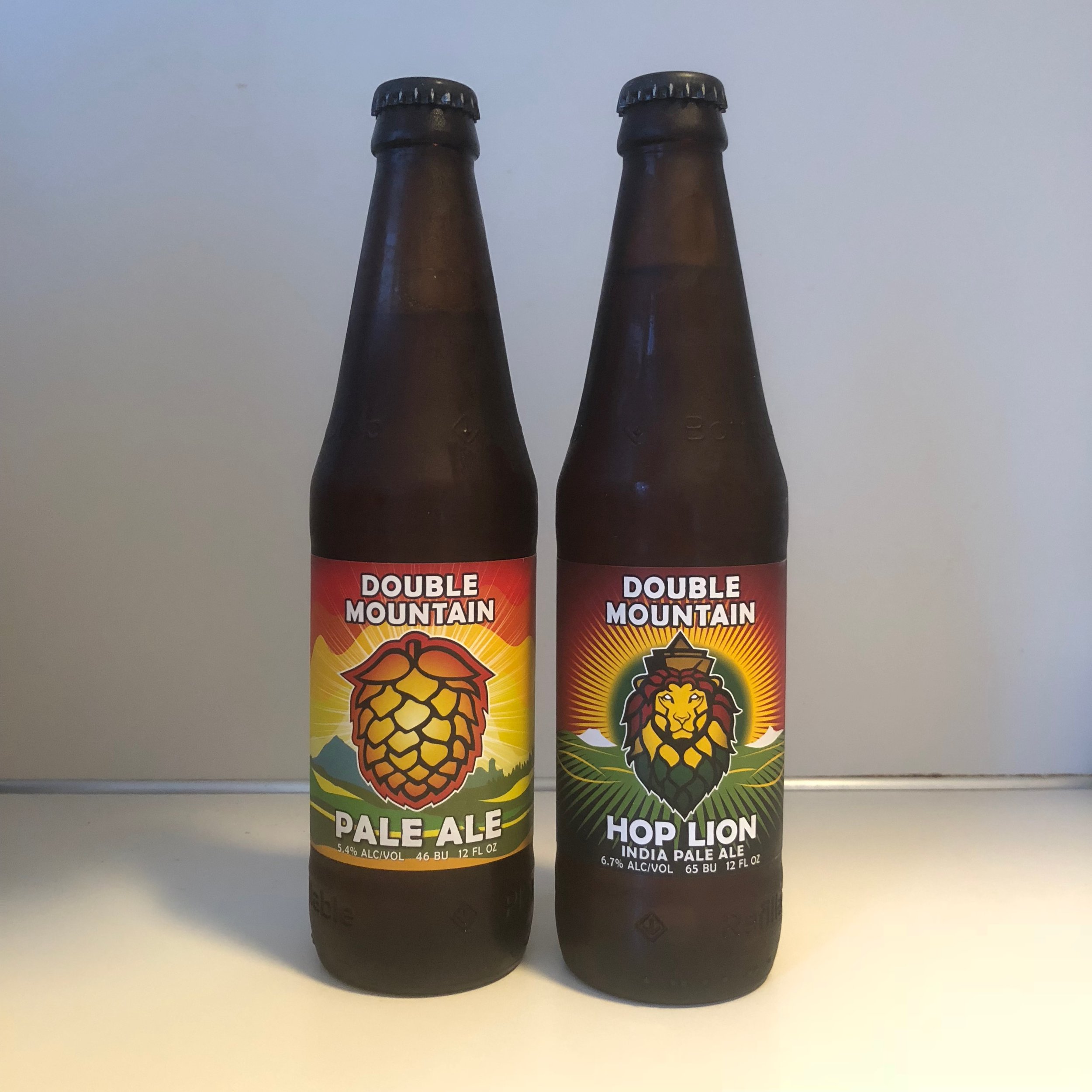Notes from last night: Sharing 500ml with brewmaster Dr. Marc Rauschmann

Gardening, much like brewing, is about the right ingredients. In a garden, one has to pay attention to the chemistry of the soil, outside elements, before planting the seed and adding water, mixed with an allowance for time, before the expression of work is born. Like gardening, beer is equally about the chemistry, water, and of course the expression afterward. For Marc Rauschmann, brewer at Radeberger Gruppe Braufactum, brewing and gardening are simpatico for a man who has a love of both.
Sharing a cliche with brewers in the United States, Marc began life as a brewer while home brewing beer in his mother's boiling kettle. Having finished matriculation in Germany, he knew that this was his passion and so decided to study brewing at University. It didn't take long for that passion to ferment into a career, once being accepted at Germany's largest, family-owned brewery, the Radeberger Gruppe. There he continued his education, learning about equipment maintenance, and brewing technique, meanwhile developing an idea for a unique brewery.
You see, beer in Germany, much like the United States, is sacrosanct and should not be corrupted by ingredients that do not fit one's definition. This is no more evident than in the German Purity law, which certifies beer as only containing water, malt, hops, and yeast. While this makes for a great brewery tour lesson in the United States, this makes for serious conversation when one is sitting at the bar or table inside a local brewhaus. But Marc felt that Germans were too attached to the comfort of a cheap, high-quality, half-liter of German-brewed Pilsner provided.
Marc, recognizing an absence of innovation in the region, demonstrates that beer needed an innovative approach. While the term is often innocuous with computers, television, and other forms of manufacturing, it's rarely a term associated with beer. Rauschman, after traveling to the United States and in collaboration with his employer, developed a plan to open a small-production brewery within the Radeberger Gruppe. Thus Braufactum was born and with it the start of a modest interest in beer styles flourishing outside of Germany. Beginning with beers inspired by breweries like Firestone Walker, Marc began brewing India Pale Ales, Saisons, and Scotch Ales, while the Radberger Gruppe was happily supplying the world with Pilsners, Zwickels, and Helles. But local drinkers weren't impressed with the higher per liter cost associated with these new styles. Surprisingly, however, women took to the new styles with enthusiasm as something different when compared to their male brethren.
Not satisfied with merely brewing non-German styles, Marc has traveled to the United States on many occasions to collect a small portfolio of beers, imported under the Braufactum label, to educate local drinkers on what international brewers are producing. This has led to breweries like Sierra Nevada, Anchor, Brooklyn, Firestone-Walker being among a small list of imported breweries into Germany. Moving beyond IPAs and Scotch Ales, Marc has also brewed European-inspired beers like Saison and Pale Ales. Today, Marc's interpretations are available in the United States through limited distribution.
When Marc isn't brewing beer or traveling throughout the world, celebrating and researching new beer styles, he can be found gardening, spending time with his family, or fishing in areas like Canada's British Columbia or Ireland. Marc's brewery, much like the maturing soil of his garden, will no doubt produce unique and interesting riches appreciated by those who value hard work, attention to ingredients, and above all something unique in a country filled with exceptional beer.






